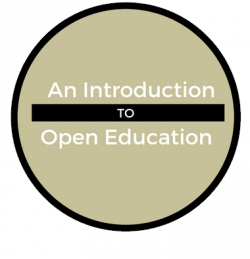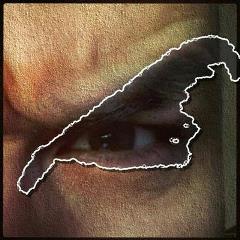Reflections on Week 6: #OpenEdMOOC
Image Credit: ApolitikNow
Frankly, there is not much to say about the final chapter "the next battle for openness". However, I am a believer that as long as used for good intentions, algorithms can be helpful in any educational processes. In essence, we, humankind, are the creator of these algorithms and it would not be very logical to blame these algorithms. You can follow Zeynep Tufekci's tweets regarding the use of algorithms in many areas, she really has a critical perspective.
A final remark, the use of data-driven systems will increase our dependency on some platforms which conflict with the nature of open education. A possible solution to bypass that limitation can be more investment on Open Source Softwares and bind new alliances. In sum, I believe that the collaboration of organic and synthetic powers are inevitable and we are moving forward to a hybrid learning ecology.



